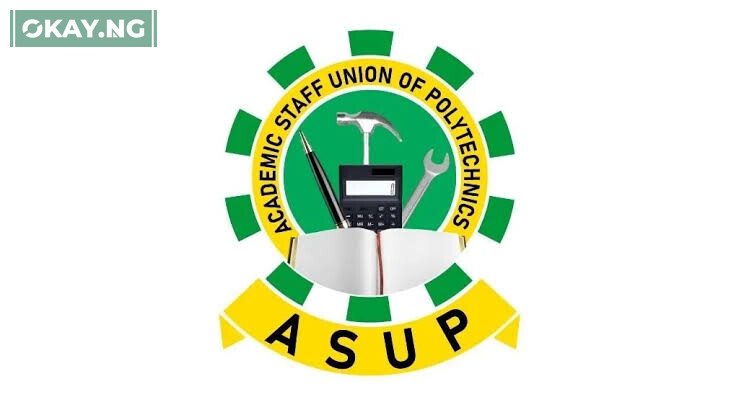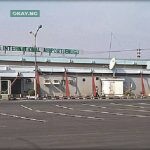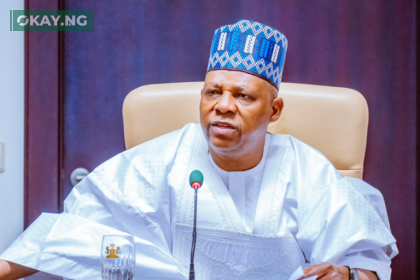The Academic Staff Union of Polytechnics (ASUP) has directed its members nationwide to return to work following the conclusion of its two-week warning strike.
The union’s industrial action, which began on December 2, 2024, was initiated as a warning and precursor to an indefinite strike over unresolved trade disputes with the federal government.
In a statement signed by Kpanja Shamnah, ASUP President, the union confirmed that the decision to resume work was reached after a conciliation meeting with the Federal Ministry of Labour and Employment on December 9.
A new Memorandum of Understanding (MoU) was signed during the meeting to address the union’s grievances.
The statement outlined the union’s position: “Members of the Union and indeed the general public may recall that our Union declared a 2-week definite strike effective 2nd December 2024 over the inability of government through its agencies to execute nine items in the work plan jointly developed with our Union to resolve some pending issues of trade dispute.”
It continued: “Within the period of the strike, the Federal Ministry of Labour and Employment convened a conciliation meeting between our Union and the government on the 9th of December 2024, to resolve the dispute and save the sector from the impending indefinite strike. At the meeting, a new memorandum of understanding was signed with a caveat that another meeting will be held on 23rd January 2025 to assess compliance by parties as well as to address other issues.”
ASUP confirmed that the National Executive Council (NEC) would meet after the January 2025 follow-up meeting to assess the government’s compliance with the agreement and determine the next course of action.
The union commended its members for their resilience and commitment throughout the strike period, urging them to return to their duties starting Monday, December 16, 2024.
“While we thank and commend our members for their commitment and resilience, it is our Union’s expected hope that the government will diligently work to ensure a fruitful resolution of the issues in dispute,” Shamnah added.












